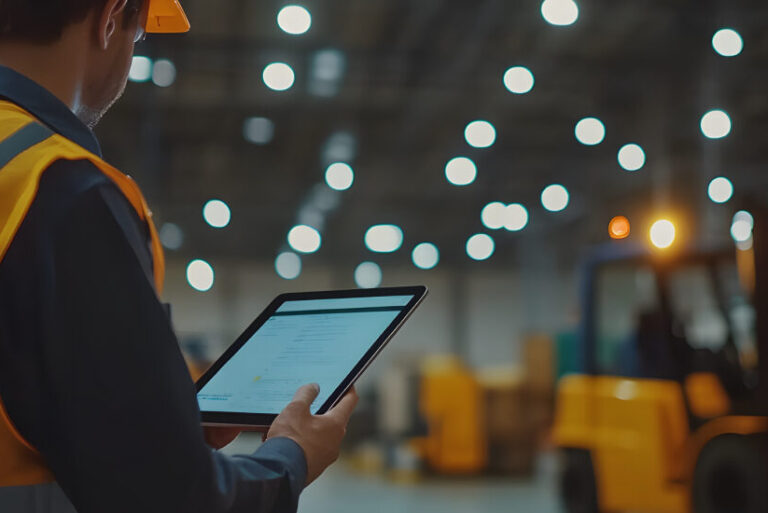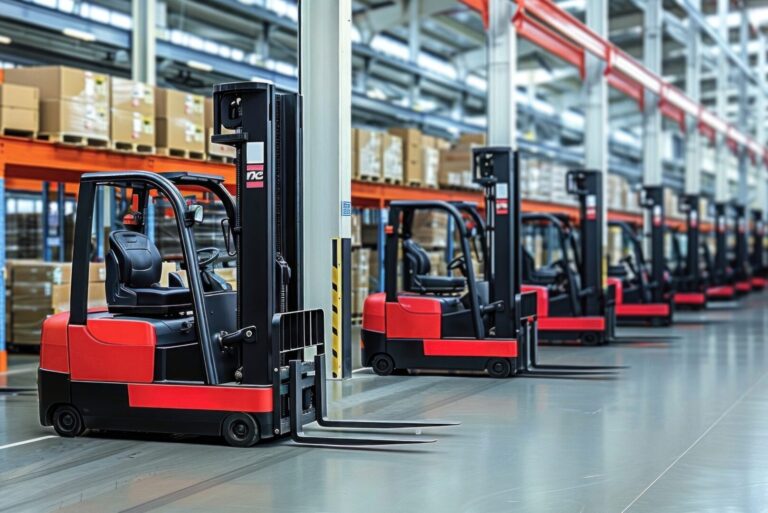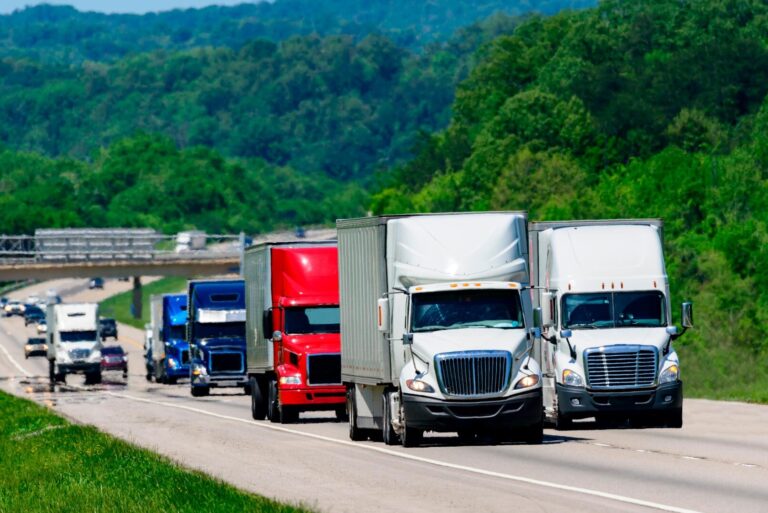Canada's Emissions Reduction Plan: Planning for Zero-Emission Fleets by 2040
May 19, 2023
Canada’s 2030 Emissions Reduction Plan is a sweeping suite of regulations aimed at reducing emissions across every sector of the nation’s economy. The transportation industry will be among the most heavily impacted, with 100% of passenger cars and commercial truck sales slated to be zero-emission as early as 2035. As a result, internal combustion engine (ICE) vehicles will be steadily decreasing in availability over the coming years. To keep up with regulatory changes, your fleet must be able to support the coming influx of electric vehicles.
This article covers everything fleet owners need to know about Canada’s 2030 Emissions Reduction Plan and how new regulations will impact Canada’s transportation sector over the coming years.
Understanding Canada’s 2030 Emissions Reduction Plan
Canada’s 2030 Emissions Reduction Plan is a new regulation that outlines a roadmap for Canada to significantly reduce its emissions in every sector of its economy. Under this regulation, Canada plans to reach an emissions reduction target of 40% below 2005 levels by 2030, and have net-zero nationwide emissions by 2050.
The 2030 Emissions Reduction Plan targets emissions from every part of Canada’s economy, including building, waste, agriculture, and most prominently, transportation, oil, and gas. The plan incentivises the adoption of cleaner transportation fuels, including renewable gas and diesel, as well as alternative fuels like electricity and hydrogen.
The plan requires vehicle manufacturers and dealerships to sell an increasing percentage of zero-emission vehicles (ZEV) with the goal of selling 100% zero-emission light-duty cars by 2035 and medium and heavy-duty vehicles by 2040. This will have major impacts on the transportation sector and will require fleet owners to prepare for a low carbon industry.
To reach these goals, Canada has made significant investments and opened funding opportunities in the transportation industry, including:
- Making zero-emission vehicles more accessible and affordable
- Creating job opportunities in zero-emission vehicle manufacturing
- Improve infrastructure for charging and fueling stations for electric and hydrogen vehicles across the country
- Improvements to public transit across major metropolitan areas
Impacts to the Transportation Sector
Canada’s transportation industry currently accounts for approximately 26% of national emissions. As such, transportation, along with oil and gas, is among the most heavily impacted by the 2030 Emissions Reduction Plan. The plan specifically targets manufacturers, requiring them to steadily incorporate more medium and heavy duty ZEVs into their sales over the next twelve years.
While fleet owners are not specifically targeted under this mandate, the makeup of commercial truck sales will drastically change, pushing fleet owners to prepare their sites with electric charging stations that will support the growing number of ZEVs. The following outlines the changes in vehicle sales over the coming years.
Type of Vehicle | 2026 | 2030 | 2035 | 2040 |
Light-duty vehicles | 20% ZEV | 60% ZEV | 100% ZEV | 100% ZEV |
Medium- and heavy-duty vehicles | Not specified | 35% ZEV | Not specified | 100% ZEV |
Under the 2030 Emissions Reduction Plan, Canada has invested $400 million to create 50,000 new ZEV charging stations across Canada that will support the influx of ZEVs, particularly in rural areas that have previously lacked the necessary infrastructure that makes long-term travel with zero-emission commercial trucks possible. However, as the availability of internal combustion engine (ICE) vehicles decreases in the coming decades, fleet owners will need to prepare their sites with charging stations to support their eventual ZEV fleets.
Getting Ahead of the Curve
As a result of the 2030 Emissions Reduction Plan, fleet owners will benefit from transitioning their fleets to electric and alternate fuel vehicles as early as possible. In coming years, replacing fleet vehicles with ICE vehicles may be increasingly difficult as manufacturers transition to 100% zero-emission commercial trucks. To prepare for these transitions, fleet owners can begin installing EV charging stations at their sites to support their current and future electric vehicles.

Charging stations also make fleets eligible to earn rebates through Canada’s Clean Fuel Regulations and the British Columbia Low Carbon Fuel Program. Through these market-based programs, owners of EV charging stations can earn credits for their reduced carbon emissions. Smart Charging Technologies can help you manage and sell your credits, helping you earn additional revenue as you transition your fleets.
Read more about Canada’s Clean Fuel Regulations and incentives for EV charging station owners:
Related Posts









